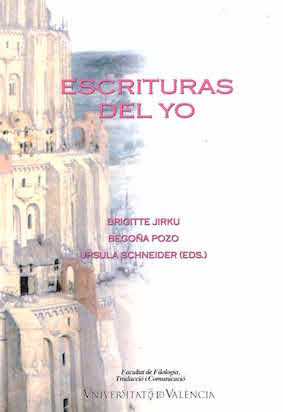Autobiografia come discorso apologetico. L’esempio della Vita di Pietro Giannone
DOI:
https://doi.org/10.7203/qf-elit.v16i0.3953Keywords:
Pietro Giannone, cronotype, autopoiesis, apologetic discourse, Inquisition Abstract
Abstract
This paper seeks to describe how Pietro Giannone, a lawyer and representative of the Neapolitan Enlightenment articulates apologetically in his autobiography Vita in defence of accusations of heresy raised against at him by the Congregation of the Holy Office. Framing the autobiography in the historical and cultural context, the paper will analyse the content of his work and the way in which the narrator protagonist recounts his life and relationship with the outside world, especially with the antagonists, the traitors and the environment of the imperial court of Vienna where he stays for eleven years. It will also show the concept the author has of himself and how he realises the autopoiesis and construction of his literary identity.
 Downloads
Downloads
Downloads
How to Cite
-
Abstract229
-
PDF (Español)358
Issue
Section
License
 Este obra está bajo una licencia de Creative Commons Reconocimiento-NoComercial-SinObraDerivada 4.0 Internacional.
Este obra está bajo una licencia de Creative Commons Reconocimiento-NoComercial-SinObraDerivada 4.0 Internacional.
Authors who publish with this journal agree to the following terms:
- Authors retain copyright and grant the journal right of first publication with the work simultaneously licensed under a Creative Commons Attribution License that allows others to share the work with an acknowledgement of the work's authorship and initial publication in this journal.
- Authors are able to enter into separate, additional contractual arrangements for the non-exclusive distribution of the journal's published version of the work (e.g., post it to an institutional repository or publish it in a book), with an acknowledgement of its initial publication in this journal.
- Authors are permitted and encouraged to post their work online (e.g., in institutional repositories or on their website) prior to and during the submission process, as it can lead to productive exchanges, as well as earlier and greater citation of published work (See The Effect of Open Access).




